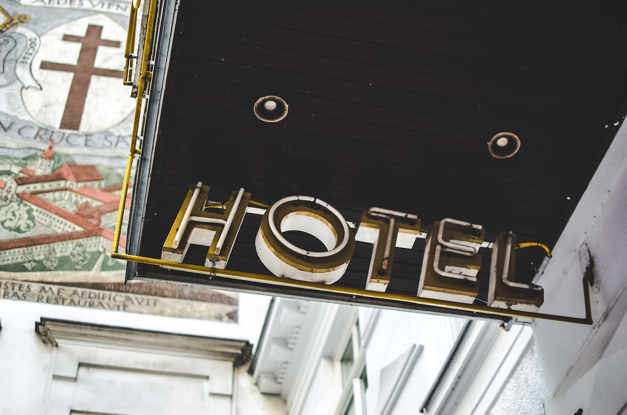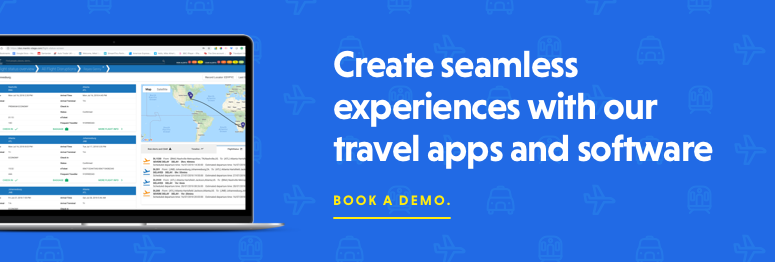Hotel Attachment Reporting: How This Can Help Your Business
Posted by Mike Atherton on 20 July, 2022

Corporate travel can be expensive, time-consuming, and difficult to manage, especially when managing multiple travellers across regions, agencies and booking tools. For a business managing corporate travel requirements in house, it is always worthwhile looking for the best ways to streamline the booking process while lowering costs and easing the admin load. Whether you're working through a travel management company (TMC) or booking direct, understanding where the gaps are is key to driving compliance, maximizing supplier contracts and keeping travellers safe.
One area that gaps can go unnoticed is accommodation. Hotel reservations can often be made after the air booking, resulting in “orphan” bookings that give a disjointed view of the traveller’s itinerary. Travelers may book two single flights and then a third hotel booking, or indeed they may go off plan and make direct reservations. The challenge is knowing who is doing what and how you can get a true picture of what needs to be managed.
Hotel attachment reporting gives you consolidated and comprehensive information on your employees' booking behaviour in time for you to take action if needed. Combined with the latest AI and machine learning technology, reporting can bring you valuable insights, helping you to get the most out of your budget and provide the best support for your travellers.
1) Reporting Improves Hotel Attachment
Comprehensive reporting gives you near real time travel information on all your employee's business travel arrangements. With data like this, you're never in the dark about where your employees are at any point in time. You'll know how long they're staying and where they're going next. You can maximize hotels' room night contract commitments, enabling you to secure better deals with more confidence in meeting your company goals. By plugging any gaps in your knowledge of travellers' behaviour throughout their trips, you can ensure you capture all eligible room nights and avoid unnecessary service fees through multiple bookings.
2) Know Where Your Employees Are Staying
You have a duty of care for your employees, but business travel can make it harder to be sure of their whereabouts, particularly where trips involve complex itineraries with many stops and flexible arrangements. In some cases, employees may need to book their hotel stays on the go. This tends to be more expensive, but that's not the only problem. Off plan booking can lead to problems like blind spots, where you no longer know where your people are if you need to act quickly in a crisis. Should anything go wrong, whether it's in terms of personal safety or business activities, you'll find it much harder to act in time with the level of responsibility expected of you as an employer.
With hotel attachment reporting, you have near real time access to travel arrangements and accommodation through a consolidated interface. This means you can rely on your information to a much greater extent. Confidence in your data means you always know where your employees are staying and which travellers need your immediate help. Should any changes need to be made, for whatever reason, you're in a stronger position to intervene. The result is that there are no gaps in your duty of care capability, a benefit to your employees as well as your business reputation.
3) Minimise the risk of disruption
Consolidated data gives you a global overview of business travel arrangements right across your organization. You'll be able to track your travellers, assess and address risks before they become serious, and avert disruption effectively. With two-way communication capabilities, you can support your travellers at every stage, keeping them safe and productive, while reducing your overall costs.
Next steps
To find out more about our Tripscape solution and how it can save you time and money on your corporate travel management, please call 01133 944564 today, or click here to contact us.
Image Source: Unsplash


